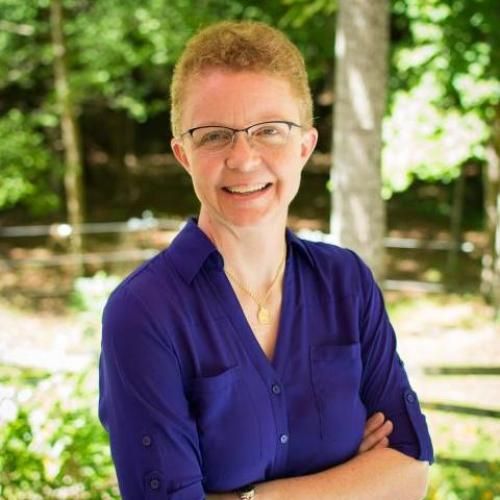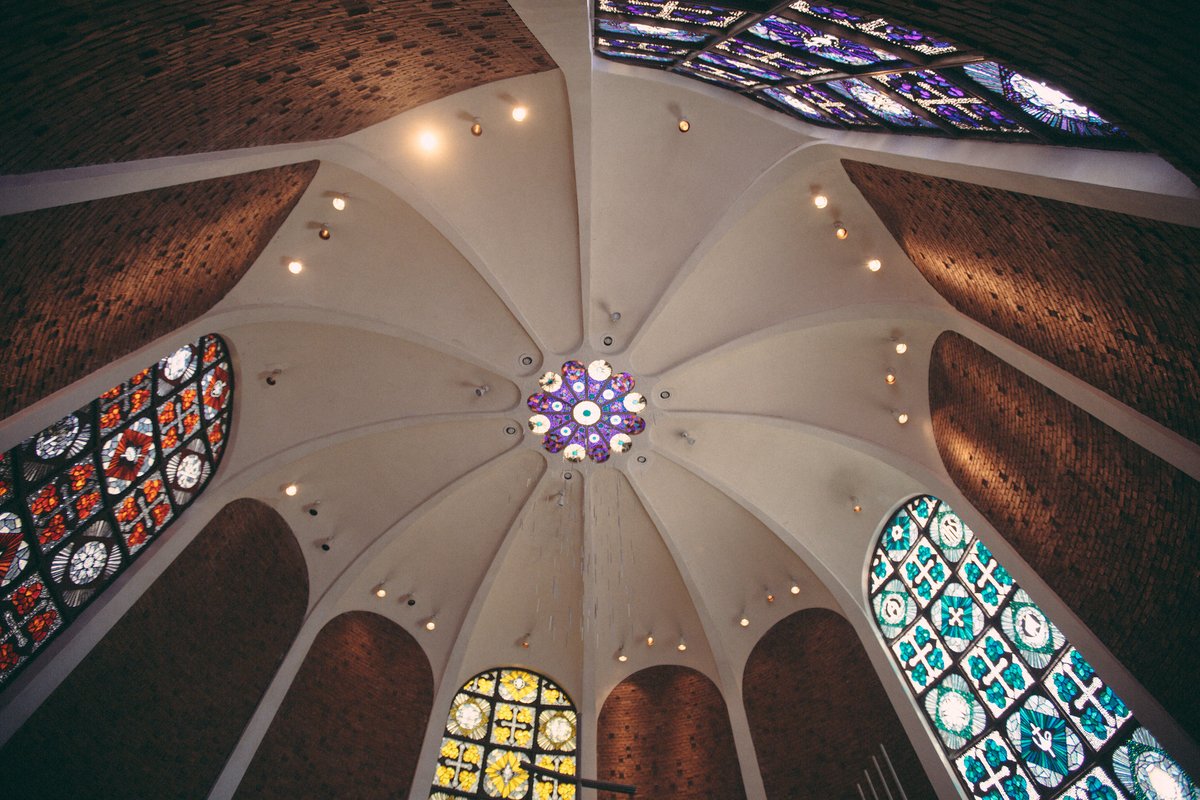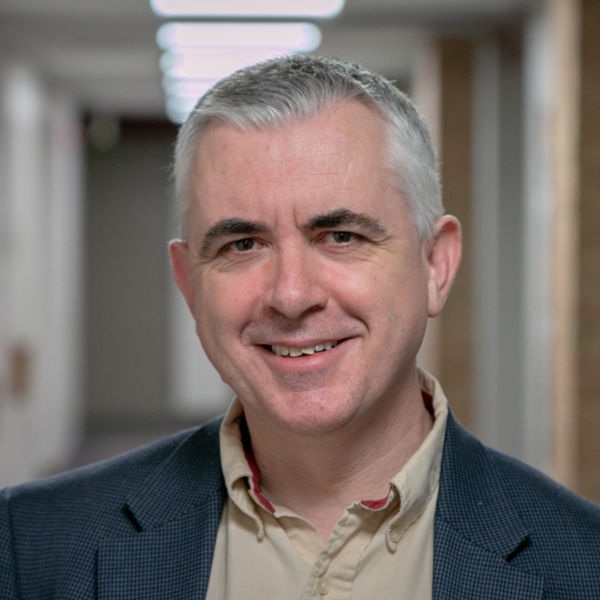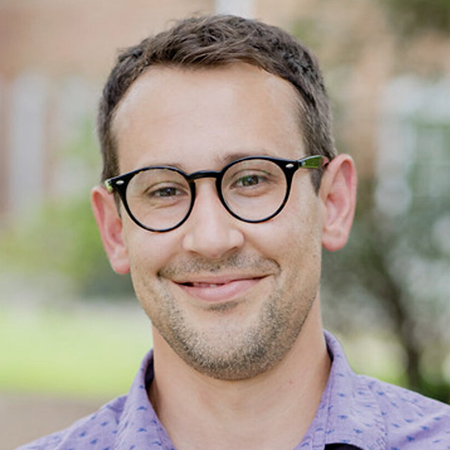My undergraduate alma mater, Birmingham-Southern College, a small United Methodist-related liberal arts school in Birmingham, Alabama, closed forever May 31 — at the end of its 168th year. The end came abruptly, when the Alabama state treasurer denied the college’s application for a $30 million state loan.
But the full story of the college’s demise reaches back at least into the 1970s. BSC had long struggled to draw students to its beautiful hilltop campus in formerly industrial west Birmingham. As with the other tuition-dependent liberal arts colleges that seem to be closing regularly, at a certain point, the financials just didn’t work.
Indeed, had its baseball team not mounted a thrilling run to the College World Series just as the school shut down, news of the end might not have rippled much beyond Alabama.
As I visited the campus in May to join others in the BSC family for the closing events, it was clear that the loss cuts deep for those of us who loved it. Our grief is matched only by our gratitude that BSC existed at all, bridging us from youth to adulthood with love and care.
I finished Birmingham-Southern in 1989, and my older son, Evan, in 2019. Our family ties to Alabama go back to 1900, when my great-grandfather arrived from Georgia to build railroad and prison infrastructure for the brutal and dirty Jefferson County coal mines. My grandfather drove trains between the mines and mills. My father left Alabama after college in 1950, only to return in 1970 when Troy State University offered teaching jobs to both him and my mother.
Alabama’s tortured history and conservative politics weighed upon my parents, and when I graduated from high school in 1985, they hoped I’d go to one of the more prestigious out-of-state schools where I’d been admitted.
But somewhere in my only-child heart, I wasn’t ready for those larger and more cosmopolitan institutions. Birmingham-Southern, three hours north of Troy, felt comfortable and familiar, as we were staunch United Methodists and had visited the campus many times. My serious boyfriend was at the Baptist school across town, and I’d received scholarships to pay nearly half the cost. The choice was easy.
BSC wasn’t perfect. The Greek system dominated the campus in an unhealthy way. There was too much drinking; there were too many wealthy, white, conservative, preprofessional types who drove their parents’ extra BMWs to school; and, in many classes, there was too much lecturing.
As I went on to my history Ph.D. at UNC-Chapel Hill and years of work in research universities, sometimes I’ve thought maybe my parents were right: I would have been more challenged academically elsewhere. I might have done serious research earlier. I might have known what “historiography” meant.
In recent weeks, too, I’ve learned things I didn’t know as a student about what an administrative and financial mess the college had been in for years. Whether the villains were previous presidents, financial officers, local businesspeople and banks, or the board, it’s clear that BSC was never particularly well run and that the faculty and administration were often at odds.
But none of that makes the good this school did for me and so many others any less real.
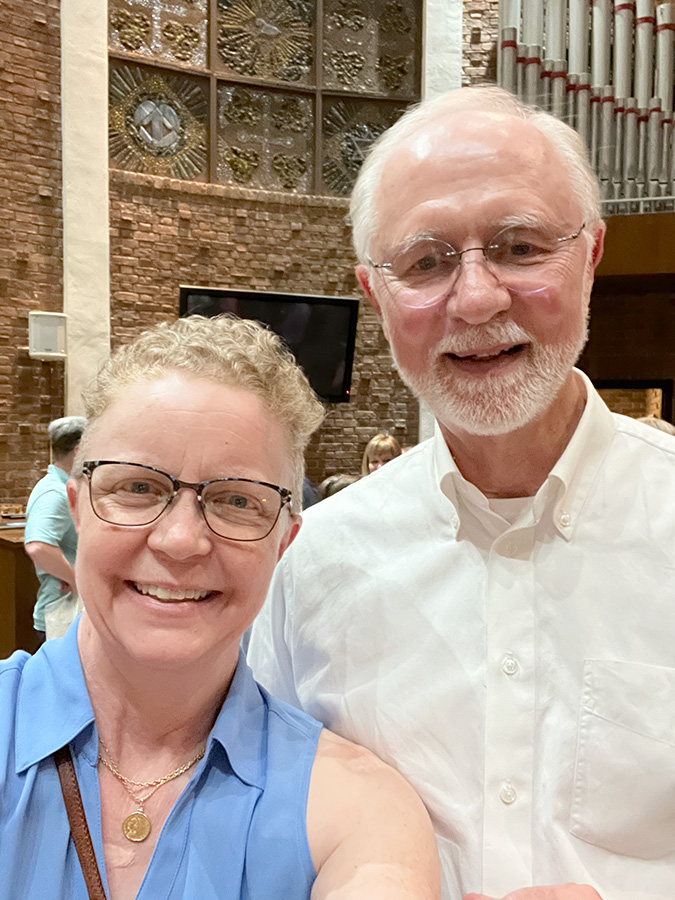
I was a history major, but faculty in history, religion, math, music, English, French and, yes, even the premed biology sequence I took for fun all knew my name. They all encouraged me. They welcomed me when I wandered in at office hours just to chat. After I graduated, one of my mentors sent handwritten Christmas cards for years and visited our home in Chapel Hill. I remain in touch with several others, and faculty who were still there when Evan arrived in 2015 had not forgotten me!
Late my second year, I left my sorority and recentered my BSC world around Yeilding Chapel, where a new service learning program under the direction of the college’s United Methodist chaplain connected BSC’s sheltered and privileged students (me included) to worlds of poverty and very different cultures and lifeways.
In three classes during January interim terms, our work teams built houses with Habitat for Humanity in Florida, painted dorm rooms at the Methodist mission school at Old Mutare, Zimbabwe, and cut lumber for roof trusses and laid bricks for a new Methodist church in Yapacani, Bolivia.
I found meaning and community in these hands-on projects aimed at helping us understand local situations and needs, embrace our shared humanity, and make things better. The faith-inspired empathy for — and sense of responsibility to aid — people suffering from poverty, racism, inadequate housing, poor health care or education, war, or the effects of colonialism remains central to my politics, even though I have otherwise moved out of the church.
Paradoxically, staying close to home at BSC allowed me to venture into all these challenging settings when I was ready, under the loving and inspiring guidance of caring mentors. I think especially of my brave, wise, worldly and adventurous existentialist French professor, Diane Brown, who later died of breast cancer at 47. On a street corner in Mutare, Zimbabwe, stranded with our group when the van taking us back to the mission broke down, she rallied us with buoyant confidence in the driver’s assurance “Someone will come.” And someone did.
And then there are the friends. My senior year, because of an enrollment boomlet, five other women and I got relocated from the dorms to a vacant house on the college’s faculty row, where we had our own yard, a fishpond, a kitchen and a fireplace! After college, our group launched an annual reunion weekend that has now lasted 30 years, seeing us through marriages, child rearing, divorces, job changes and health scares.
I’ve talked in recent weeks with other BSC friends with whom my connections have been durable, if more intermittent. These people are all smart, accomplished, caring, interesting and kind. Sure, if I’d gone elsewhere, I would have different friends. But not better ones.
At Chapel at Six every Monday night when I was at BSC — and again at the chapel closure in May — college chaplain the Rev. Dr. Stewart Jackson would play guitar and we’d sing “Love Will Guide Us.”
Love will guide us / Peace has tried us / Hope inside us will lead the way / On the road from greed to giving / Love will guide us through the dark night.
Birmingham-Southern College wasn’t famous or elite or especially notable. But in a state without enough love, peace, hope or giving, it offered love and shined light in the darkness that made a difference to thousands of young people. In these times, it is tragic that there is now one less place like that in Alabama, and in our world.
But BSC’s motto was “Forward, Ever.” May we carry that spirit with us as we say goodbye.

